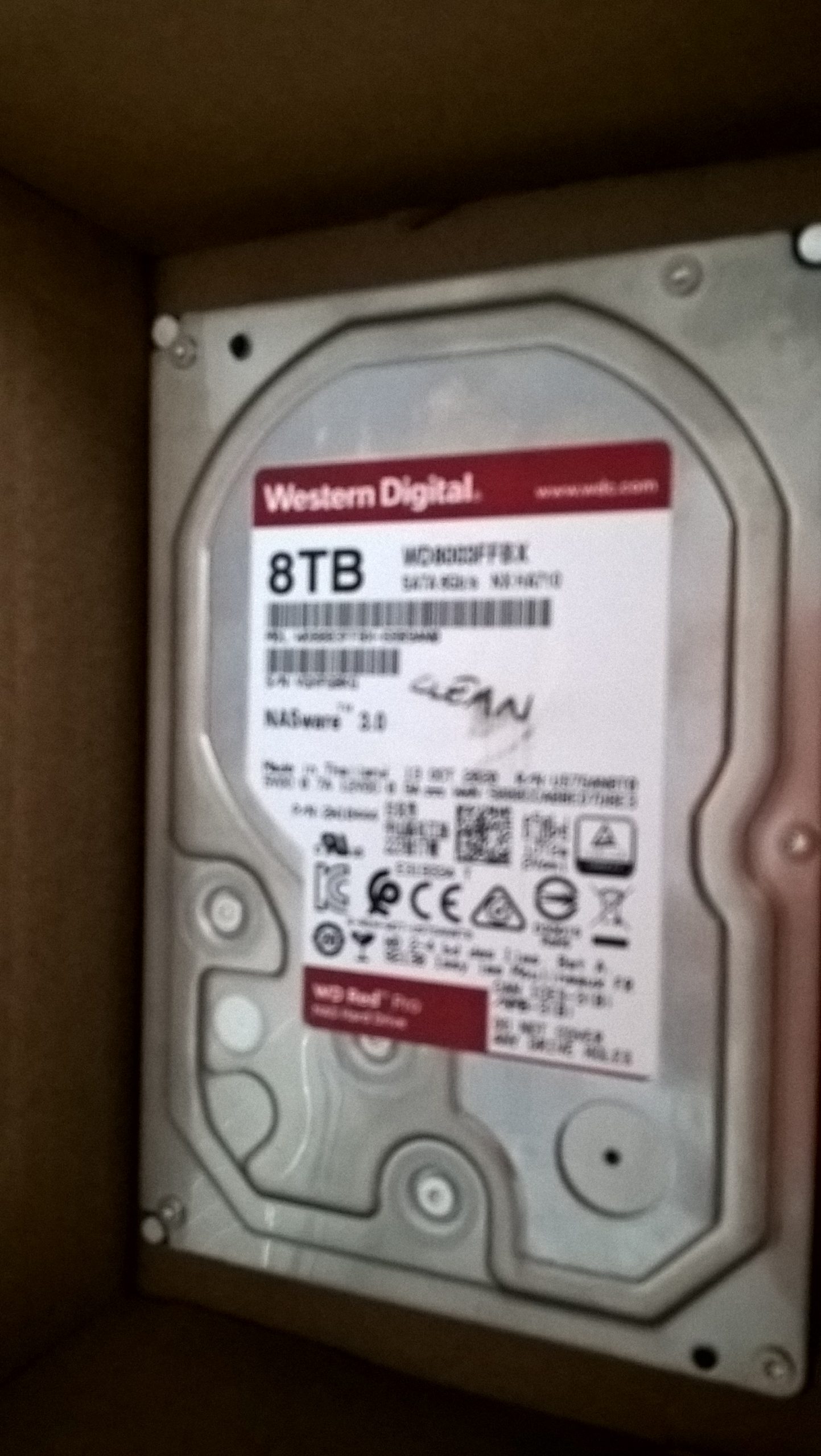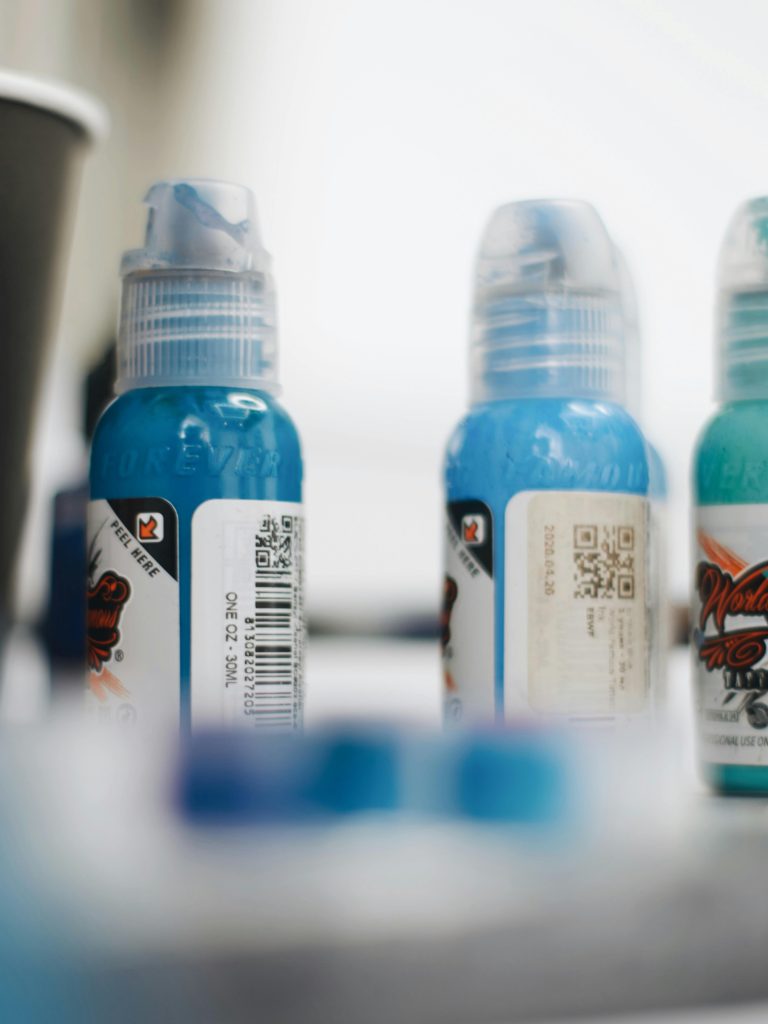Is Your SSD Health Impacting Your PC Performance? A Case Study with a 240GB WDC Green SSD
As technology evolves, many of us find ourselves upgrading our setups to keep up with the demands of modern applications. Recently, I encountered an issue with my personal computer that sparked my curiosity about the role of storage health in overall performance.
For several years, I relied on an Intel i7 8700 processor with no external graphics card, enjoying smooth functionality without any significant problems. However, following a recent budget-friendly acquisition of an RX 580 graphics card, my experience took a turn. Initially, the new GPU enhanced my PC’s capabilities, rendering an impressive performance for three days. Unfortunately, I soon encountered a frustrating issue: my system became increasingly sluggish during regular use of Windows.
In an effort to troubleshoot, I decided to examine the health of my C drive, which is a WDC Green 240GB SSD. To my surprise, I discovered that its health was sitting at a concerning 57%. This prompted me to wonder: could this degradation in SSD health be the culprit behind my system’s lag?
With 16GB of DDR4 RAM backing my setup, the decline of the SSD’s health raises questions about the importance of storage reliability in system performance. It’s well-known that an SSD’s lifespan can be affected by various factors, including read/write cycles, temperature, and overall usage patterns.
If you’re experiencing similar lag issues with your computer, it might be worth checking the health of your SSD. Tools like CrystalDiskInfo can provide valuable insights into the condition of your drive. Keeping an eye on storage health could save you time and frustration, ensuring your PC remains efficient.
So, could my SSD’s current state be contributing to the performance issues? The answer is likely yes. If you’re facing sluggish performance in your own system, don’t overlook the importance of your drive health—sometimes the answer lies beneath the surface.
Stay tuned for further updates as I investigate possible replacements or solutions!
Share this content:




Thank you for sharing your experience. A 57% health status on your SSD indicates that the drive is quite degraded, which can potentially impact system performance, especially during intensive read/write operations. Here are some steps you can consider:
Additional Recommendations: